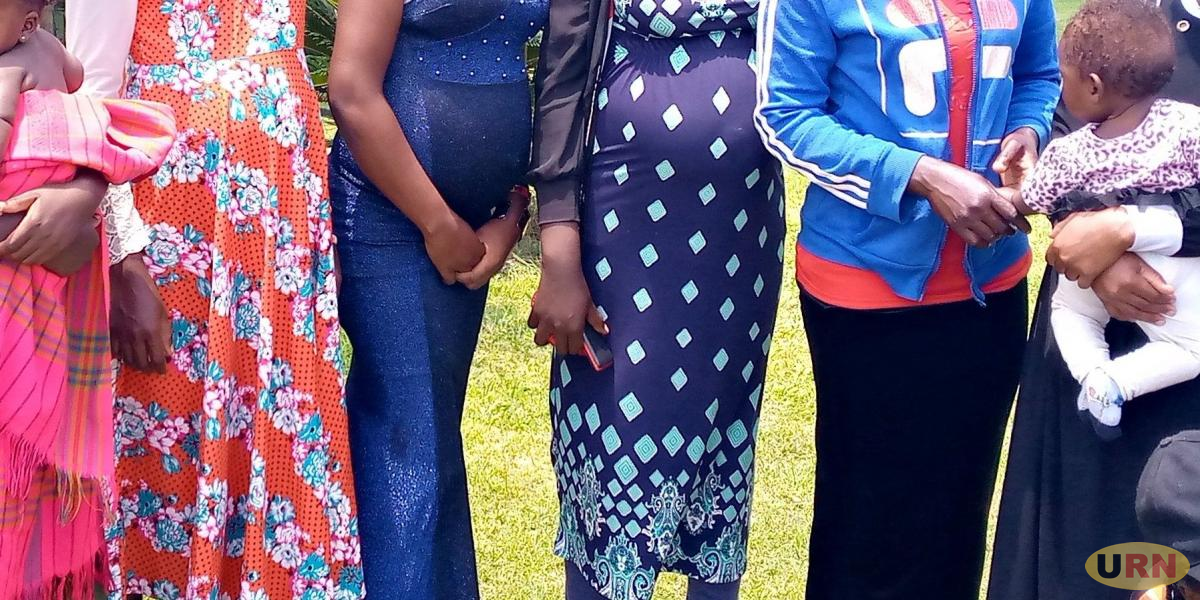According to statistics from the district Probation office, the cases were registered between January 2020 and June 2021 after the first lockdown was announced by President Museveni following the outbreak of COVID-19.
The statistics were obtained from various health facilities where the teenage girls went for their first antenatal Care.
Between January to December 2020, 1,343 girls got pregnant while 760 teenage girls were pregnant between January to June 2021, according to statistics
Faith Amanya Betega, the Bushenyi Probation and welfare officer says they have resorted to using Para-social workers to create awareness through available platforms like radio stations, community meetings to curb the vice.
However, she says three Sub Counties of Kakanju, Central Division, and Bitooma do not have para-social workers and others need refresher courses to be more equipped with information especially community challenges brought about by the COVID-19 lockdown.
Amanya, faults the increase of teenage pregnancies on parents who have failed on their responsibilities and on what measures to use to control their children who have developed immoral behaviours.
She says most measures are not good for parenting and at the end of the day this has soured the relationship between them and when they have issues the children fail to open up and share with the parents.
Amanya says that the psychological torture the pregnant teenage girls go through needs a lot of parenting noting that most girls are left to handle the situations alone.
Edrida Kebaraza, the Maternal and Child Health Officer Sheema district, says because children spent more time with teachers during school times, parents forgot their responsibilities and it’s the challenges they faced now.
She says parents have seen it as love for the child not making them do house chores noting that instead, it has given room for poor upbringing.
Carol Owashaba, Director Action for Youth Development Uganda, says during their research it has been recorded that most of these cases are registered in the rural areas compared to urban areas noting that parents have contributed much to the increasing number of teenage pregnancies to children who are left free to have evening walks.
She says children have been left with many hours of redundancy which has exposed them to many unnecessary activities she now wants parents to engage the children in making crafts and those with businesses to have children help them at shops.



